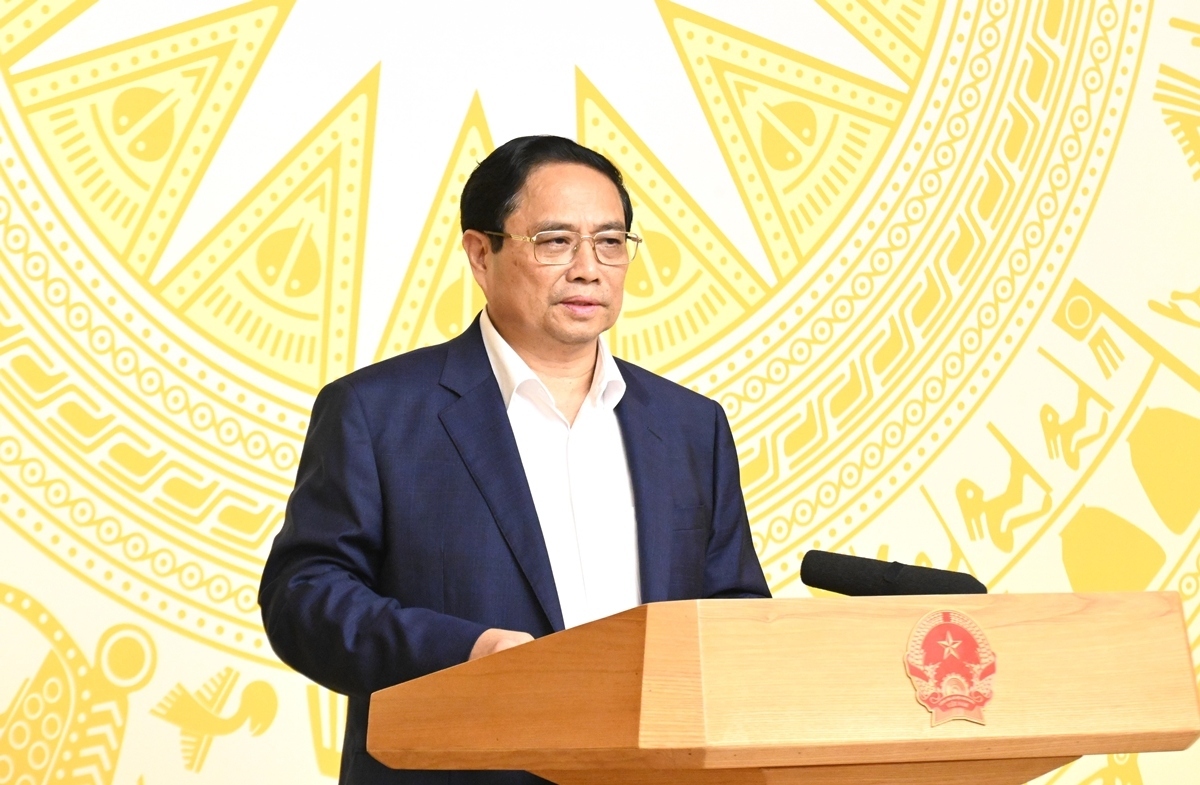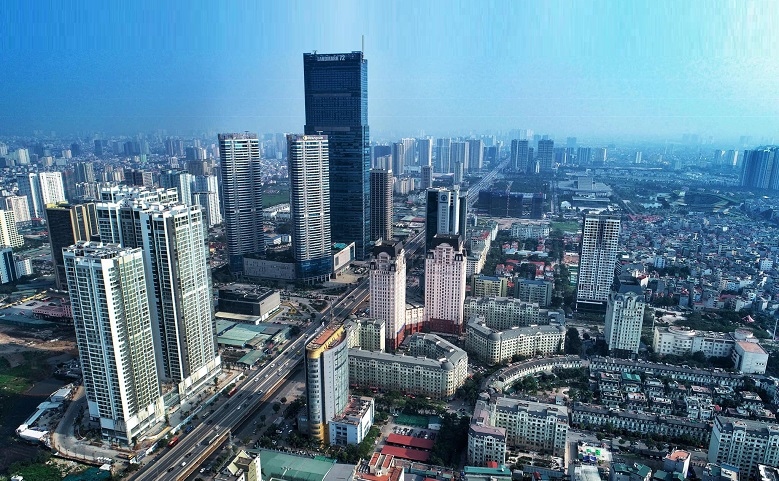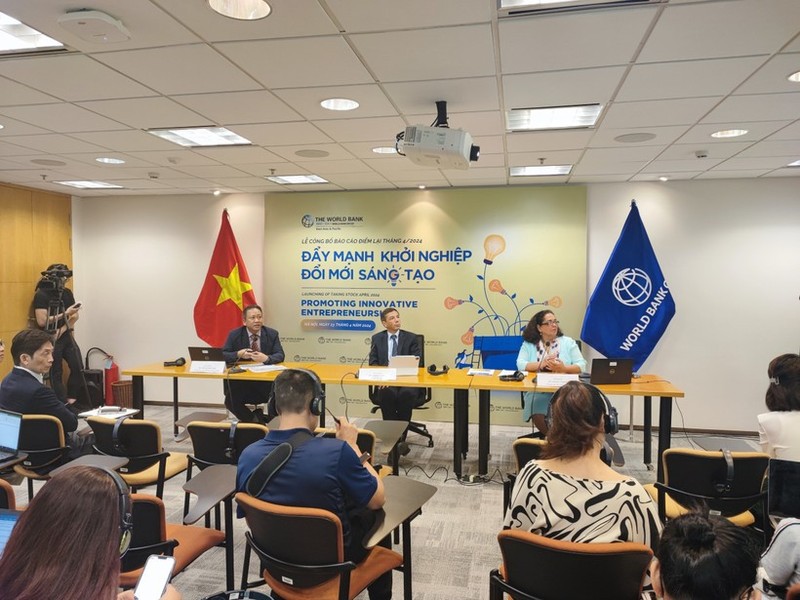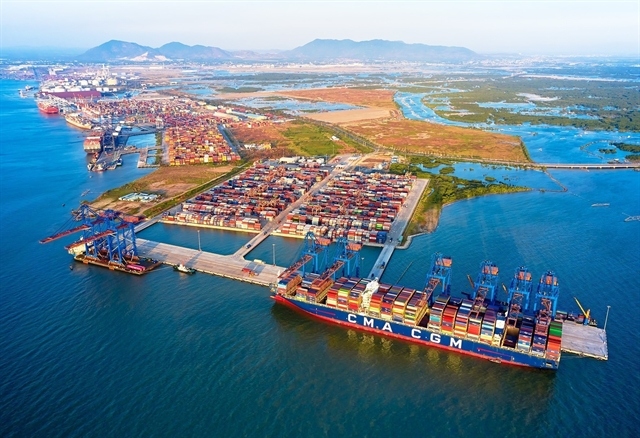Despite foreign direct investment (FDI) in Vietnam shrinking over recent months, the decline has started to slow, with domestic FDI attraction now catching up with the global recovery trend.
Worries at the beginning
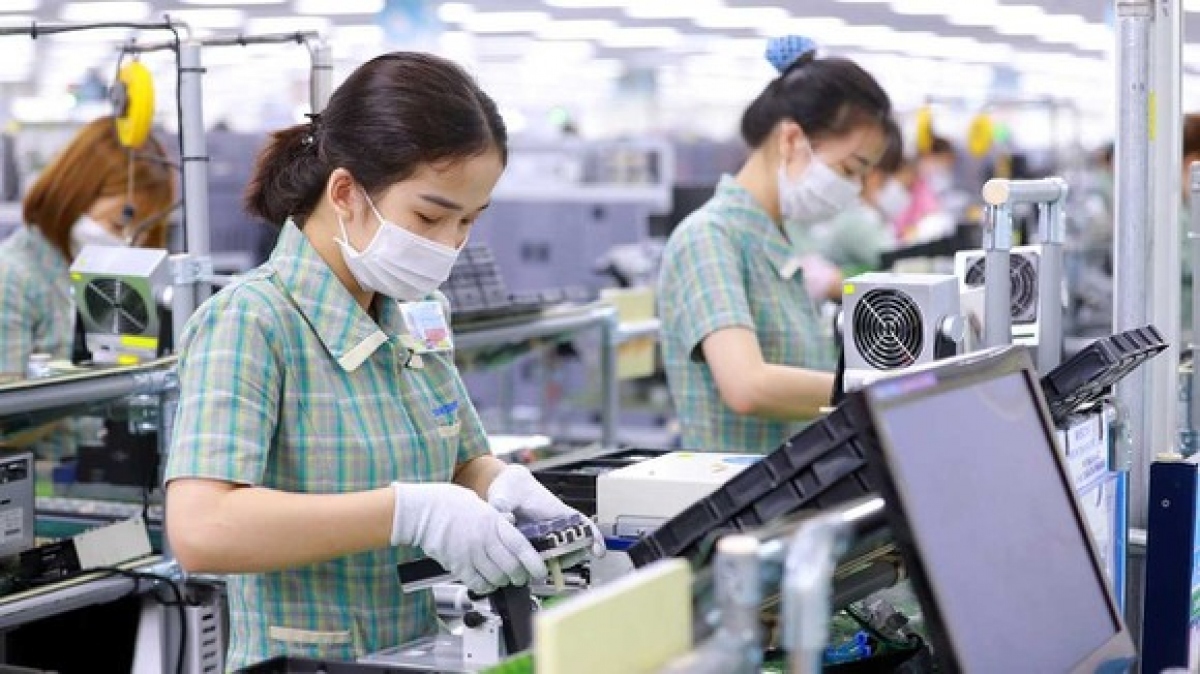
Experts says FDI attraction in Vietnam, despite a fall in recent months, has started to catch up with the global recovery trend.
All eyes are now on reports made by the Government and the NA’s Economic Committee presented at the ongoing National Assembly (NA) session as they have all expressed concern about the downward trend of FDI inflows.
According to the Government report, total registered FDI capital in the first three quarters of the year endured a decline of 15.3% year on year, of which newly-registered capital stood at only 57% of the figure recorded in the same period last year. This indicates that Vietnam has not taken full advantage of the various opportunities from the trend of shifting investment capital flows globally.
Meanwhile, the NA’s Economic Committee in its report requested that the Government carefully assess the situation, and point out the causes and solutions. “The decrease in registered FDI capital may affect FDI disbursement and economic growth in the future,” said Vu Hong Thanh, chairman of the committee.
Worries have been partly eased after the Foreign Investment Agency under the Ministry of Planning and Investment announced statistics which indicate the situation has gradually improved.
According to statistics, as of October 20 the total newly-registered capital, adjusted capital, and capital contributions from share purchasing made by foreign investors reached more than US$22.46 billion, a decline of just 5.4% over the same period from last year.
Vietnam attracted 1,570 FDI projects throughout the reviewed period, with total registered capital of nearly US$9.93 billion, down 23.7% year on year compared to a 43% fall during the initial nine months of the year.
Do Nhat Hoang, head of the Foreign Investment Agency, attributed this fall to COVID-19 restrictions occurring in foreign countries that jeopardised businesses’ investment plans. In addition, global market fluctuations caused by the geo-political conflict in Europe, high inflation pressure, and supply chain disruption have negatively affected investment capital flows overseas of major economies, especially those that make up the nation’s main investment partners.
Sharing this view, Alain Cany, president of the European Chamber of Commerce in Vietnam (EuroCham), played down concerns, noting that the country should not look at the registered capital, but instead focus on disbursed capital that is likely to hit a record high this year. He also revealed that European businesses operating in Vietnam remain much more optimistic than they were in the pre-pandemic period.
The Foreign Investment Agency reported that 10-month FDI disbursement was US$17.45 billion, up 15.2% year on year. If this level of growth is maintained in the remaining months of the year, the year-end figure will likely be between US$21 - 22 billion, an annual increase of about 6.4% to 11.5%.
Positive signals
During a recent trip to Vietnam, Mathias Cormann, secretary general of the Organization for Economic Cooperation and Development (OECD), highly appreciated the country’s growth prospects moving forward, especially FDI attraction. Cormann outlined that OECD companies are seeking opportunities in the Vietnamese market as part of efforts to diversify their supply chains.
Meanwhile, Mark Ridley, CEO of Savills Global, stated during his recent visit to Hanoi that Vietnam is projected to become the fastest growing economy in Southeast Asia in 2023. The country’s sound growth, according to Savills, can be viewed in stark contrast to the economic performance of other countries throughout Asia.
Vietnam is currently receiving a lot of attention from investors from across the world in the context that global growth is estimated to be at 2.5% in 2023, and major markets such as the UK and Europe are projected to decline in the following two quarters, said Ridley.
EuroCham's Business Confidence Index (BCI) survey in the third quarter of the year also indicated the same thing. Despite BCI in the third quarter falling to 62.2 points, up to 42% of European business executives polled said they would increase FDI inflows into the country by the end of the year.
Cany expressed his belief that Vietnam will certainly be in a better position over the next two or three years and would therefore prove itself to be a highly dynamic business and investment destination.
To attract greater FDI, the Government has recently promulgated regulations relating to special investment incentives, approved a set of selective FDI attraction criteria, and set up a special working group to remove difficulties for foreign investors, especially large corporations.
The Ministry of Planning and Investment will work alongside other ministries, agencies, and localities to continue to make recommendations, develop plans, and effectively implement breakthrough tasks to attract FDI in an effective and sustainable manner, said Minister Nguyen Chi Dung.
https://english.vov.vn/




